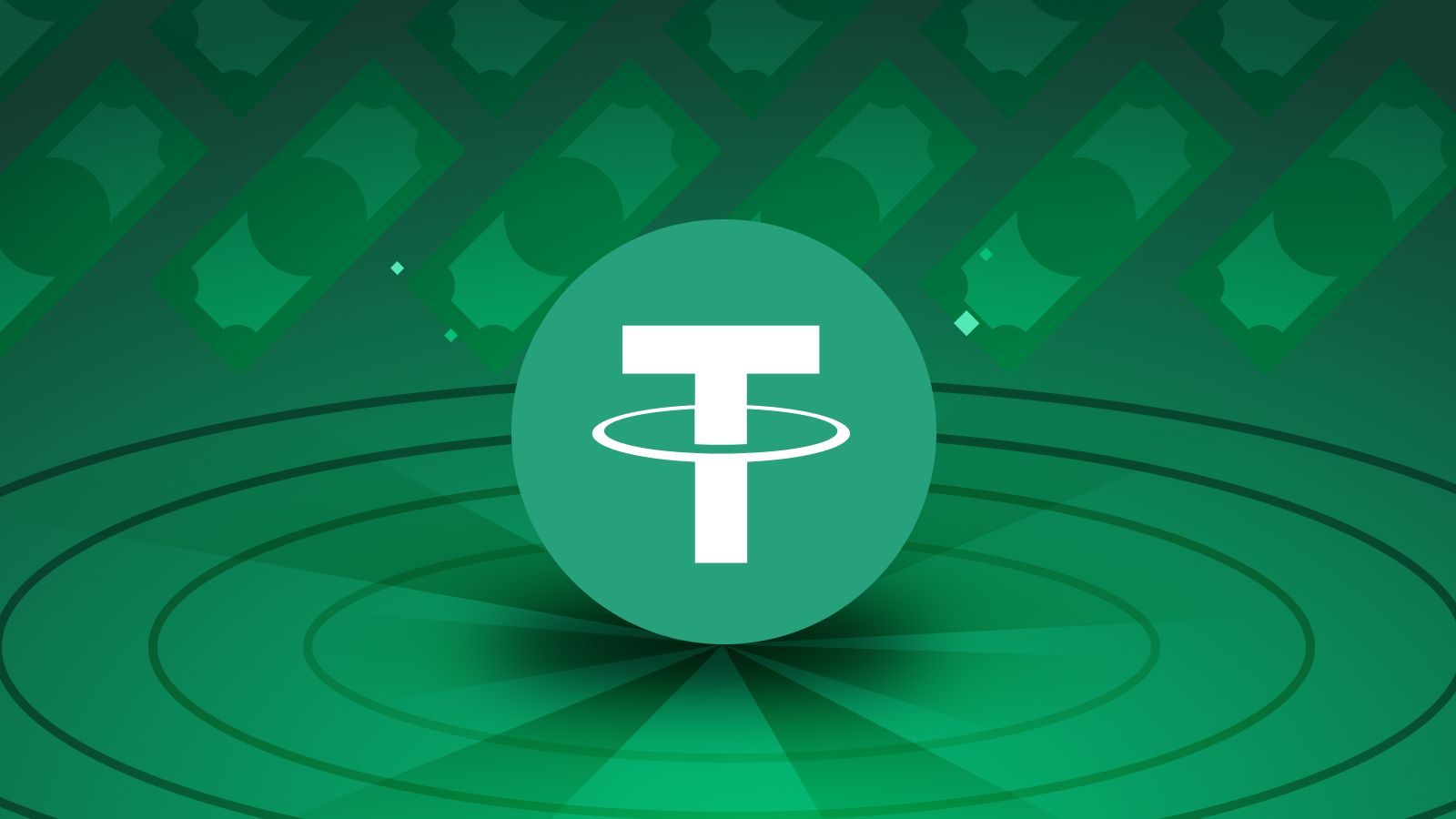A recent report by blockchain compliance firm AMLBot has revealed that delays in Tether’s USDT blacklisting process allowed over $78 million in illicit funds to be moved before enforcement actions took effect. The lag, attributed to Tether’s multisignature contract setup on both Ethereum and Tron blockchains, transforms what should be an immediate compliance action into a window of opportunity for malicious actors.
Tether’s blacklisting procedure involves a multi-step process. Initially, a multisignature transaction submits a pending call to “addBlackList” on the USDT-TRC20 contract, publicly signaling the target address as a blacklist candidate. This is followed by a second multisignature transaction confirming the submission, which then makes the blacklisting effective.
In one instance, a 44-minute delay was observed between the initial submission and the enforcement of the blacklisting on the Tron blockchain. Such delays can serve as warnings to the owners of the targeted addresses, allowing them to move their assets before they are frozen.
AMLBot’s data indicates that between November 28, 2017, and May 12, 2025, over $28.5 million in USDT was withdrawn during these delay windows on the Ethereum blockchain, with an average amount exceeding $365,000. On the Tron blockchain, approximately $49.6 million was withdrawn under similar circumstances. Notably, 170 out of 3,480 wallets (4.88%) on Tron exploited the lag before being blacklisted, each making 2–3 transfers during the delay, withdrawing an average of $291,970.
In response to the report, a Tether spokesperson stated that while any delay in enforcement should be examined, characterizing it as a systemic loophole is misleading. Tether collaborates with over 255 law enforcement agencies across 55 countries to track, trace, and freeze illicit funds. The company attributes the delay to its multisignature governance model, which is designed to prevent unilateral freezes and protect the system’s integrity. Tether acknowledges the trade-off between immediate enforcement and responsible responsiveness in a $100+ billion ecosystem and is actively refining the process to eliminate potential advantages for bad actors.
Despite the reported delays, Tether has successfully frozen and blocked more than $2.7 billion in USDT to date, highlighting its ongoing efforts to combat illicit activities within the cryptocurrency space.

 Business1 week ago
Business1 week ago
 Business1 week ago
Business1 week ago
 Business1 week ago
Business1 week ago
 Business1 week ago
Business1 week ago
 Business1 week ago
Business1 week ago
 Business1 week ago
Business1 week ago
 Business1 week ago
Business1 week ago
 Business1 week ago
Business1 week ago




























